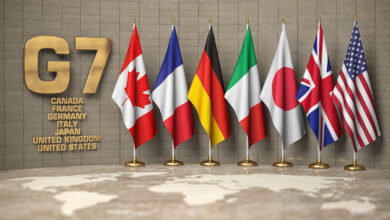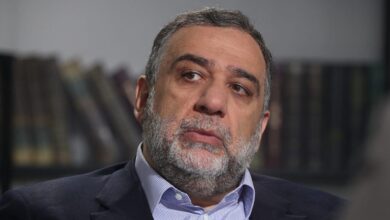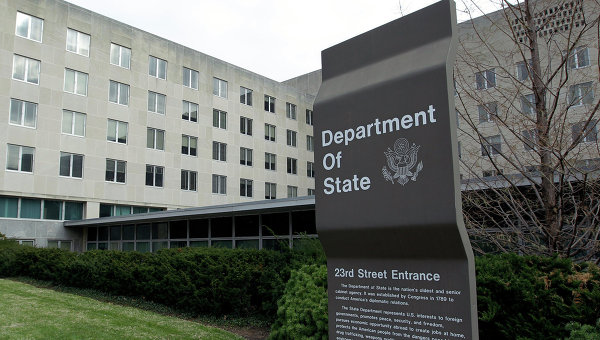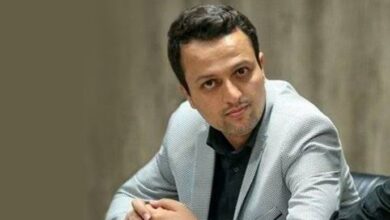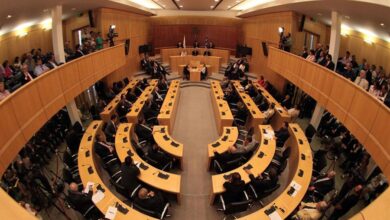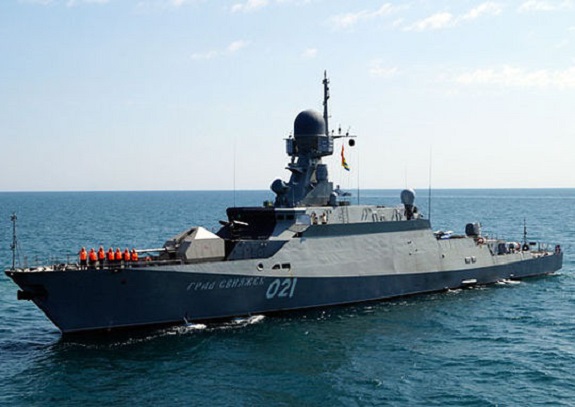
“Russia wants to create a system of “collective security” on the Caspian Sea and to step up its naval cooperation with Azerbaijan as Moscow seeks to strengthen its hold on the Caspian,
“Russia’s defense minister Sergei Shoigu visited Baku on Oct. 13, just two weeks after the presidents of the five Caspian states agreed to limit the presence of foreign militaries on the sea. The move was widely seen as targeting Azerbaijan, which has up to now relied heavily on American advising, and recently Israeli hardware, to build up its navy.
While in Baku, Shoigu met with President Ilham Aliyev and his counterpart, Defense Minister Zakir Hasanov. Shoigu’s delegation included Viktor Chirkov, the Russian navy’s top commander, and the discussions appeared to be heavily focused on Caspian naval issues. “Everything connected with the Caspian is important to Russia,” Shoigu said.
The two sides agreed to carry out joint naval exercises next year, and Russian newspaper Kommersant has reported that Azerbaijan is interested in buying Russian Bal-E coastal missile systems.
Particularly intriguing was the notion of a “collective defense” system: “We proposed the consideration of the creation of a collective security system in the Caspian region… the first step could be to create a council of naval commanders and to prepare a five-sided agreement on preventing incidents on the Caspian and in the airspace above it,” Shoigu said.
Publicly, nothing was said about the agreement reached at the Caspian summit to limit foreign military presence on the sea, but no doubt it was the source of some tension behind the scenes. After Russia announced the agreement, Azerbaijani officials pushed back a bit, pointing out that many details still had to be worked out.
Little, too, was said about Azerbaijan’s primary security concern (the Caspian is secondary): Nagorno Karabakh. Azerbaijan’s military buildup has been largely focused on the effort to retake Karabakh, which has been independent since Armenian forces won a war with Azerbaijan in the early 1990’s. Armenia’s primary security guarantee is Russia, which has made Russia’s arms sales to Baku a sore point in Yerevan. So it’s noteworthy that all of the cooperation discussed in this meeting had to do with naval security, which doesn’t affect Armenia or Karabakh. Kommersant also reported that part of the purpose of the visit was to “smooth over the negative effects” of Armenia’s joining the Russia-led Customs Union.
RIA Novosti, reporting on Shoigu’s visit, framed it in interesting terms, as part of a concerted “Eastern foreign policy direction” to counter the effects of the Ukraine crisis:
For Russia the results of the [Caspian] summit were yet another remarkable success for the Eastern foreign policy direction that is taking place in the wake of a serious worsening of relations with the West as a result of the events around Ukraine. Earlier this year Moscow achieved a historic gas agreement with Beijing. It also managed to seriously advance the development of the Shanghai Cooperation Organization, which India and Pakistan will join next year.
A small flotilla of Russian warships is currently on a tour around the Caspian: they visited Kazakhstan Oct. 7, Iran on Oct. 13, and are scheduled to arrive in Baku Oct. 16. They appear to have skipped Turkmenistan.”



